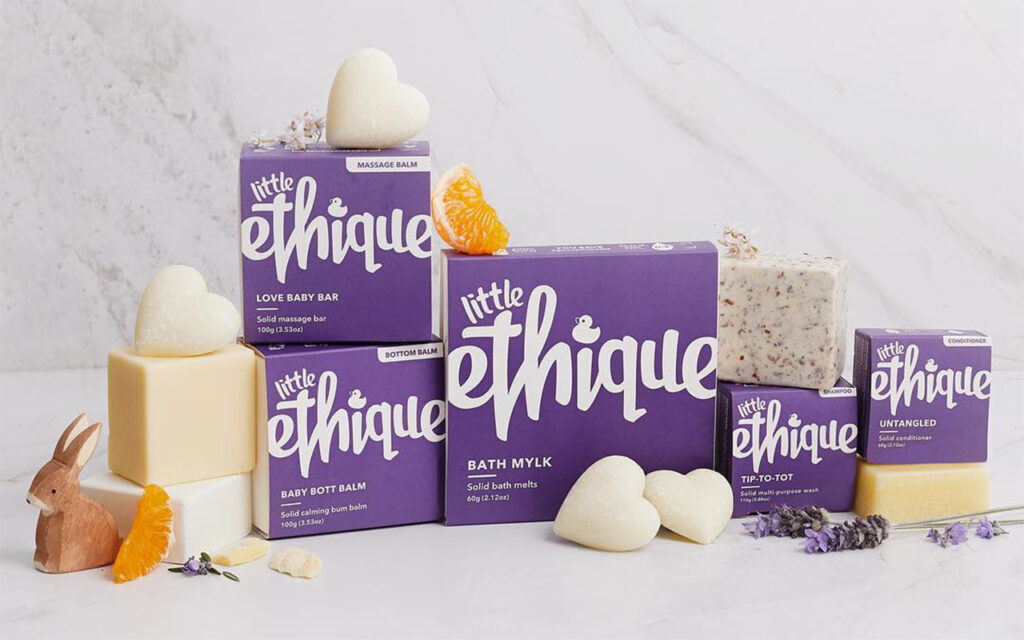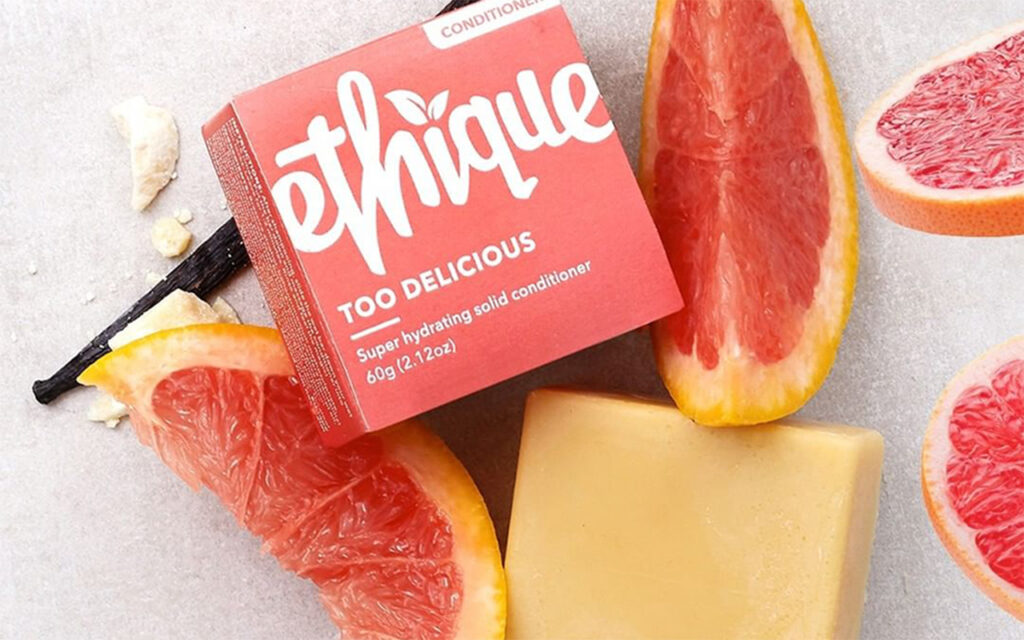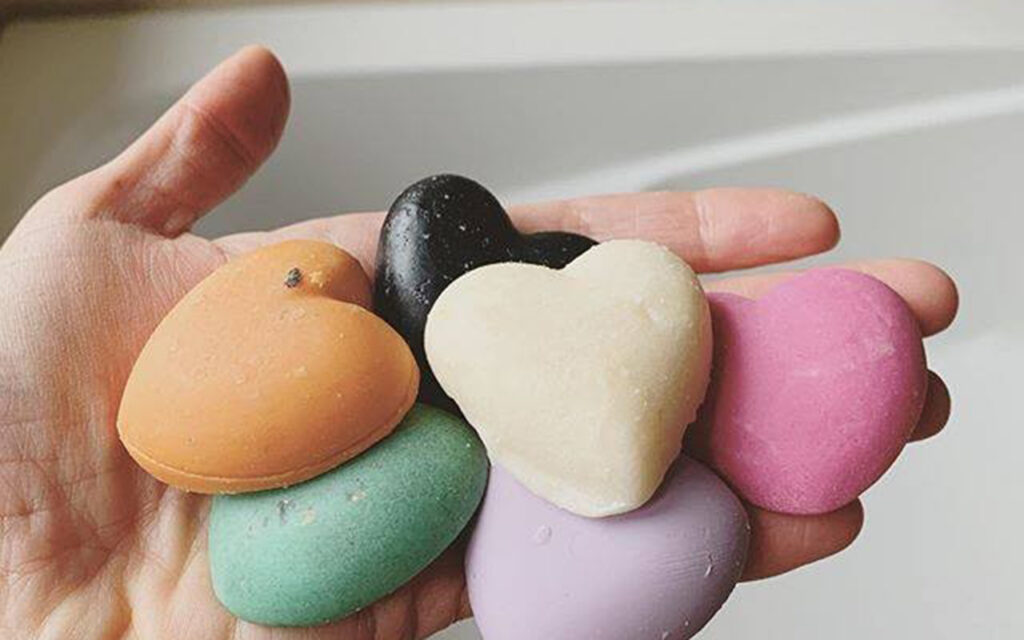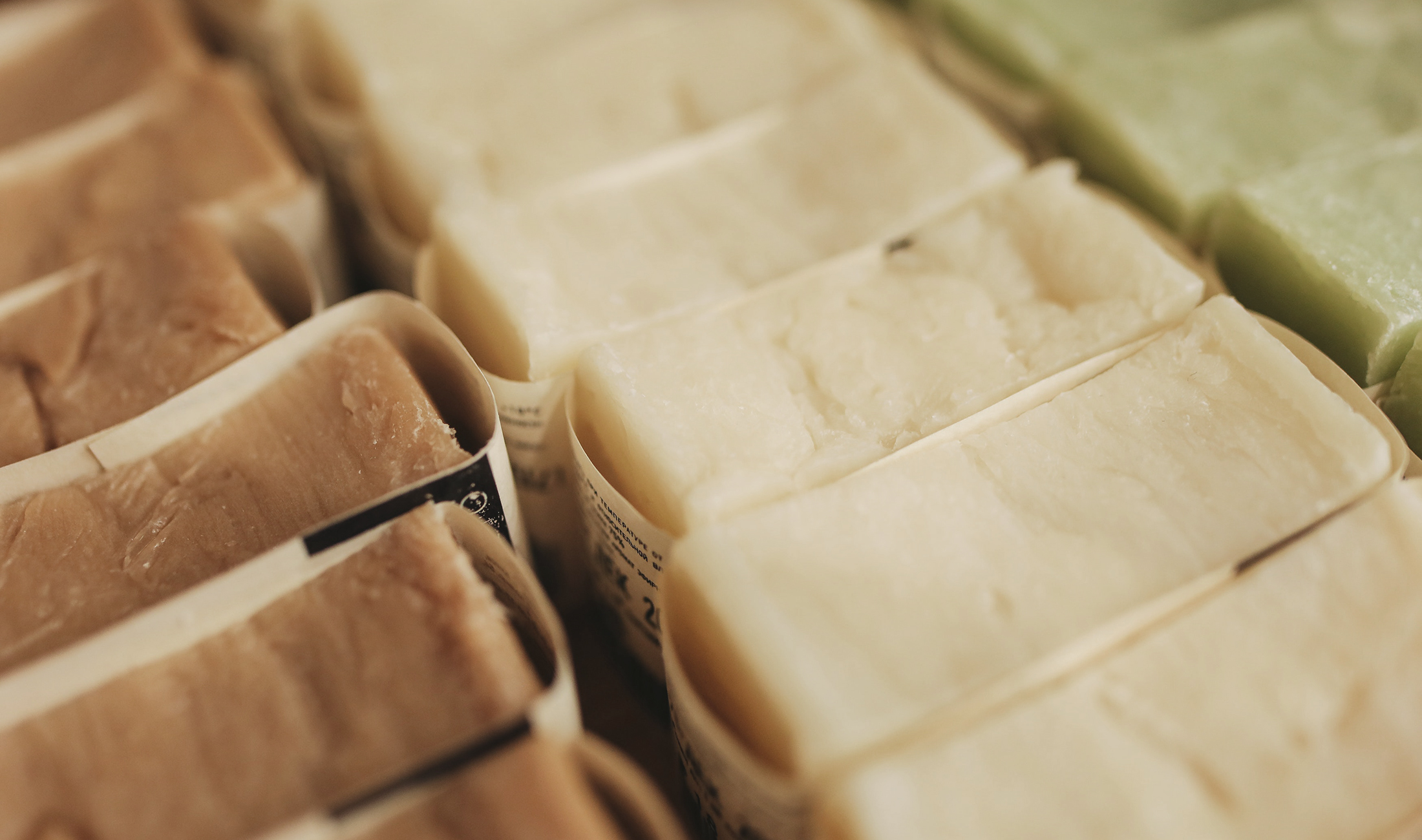Brand History:
Ethique: the startup that is good for the environment was founded in 2012 in New Zealand when Brianne became passionate about cosmetic chemistry and began creating bath products in her home. With this project, Brianne was able to radically cut down on the amount of plastic in cosmetic products.
After a short time, Brianne built her own website to put her products online, the success was immediate.
Crowdfunding
In 2015, Brianne raised a significant amount of money through PledgeMe, a crowdfunding platform; by offering company stakes to finance its growth. Speaking about it Brianne said:
“Crowdfunding is not for everyone, you have to have a strong brand that is recognizable and loved by people so they want to support it. If used in the right way it’s a great way to raise money. In 2015, we approached equity crowdfunding for the first time, raising money through PledgeMe, and in less than 10 days we raised $200,000 from 152 people from all over New Zealand.”
“It can be stressful to publicly ask people to support your dream but, at the same time, it’s wonderful because every now and then you get emails letting you know that someone just donated $30,000 to your cause. In short, try to think of a better wording for an email.”
However, the initiative has been successful, as the company has been awarded “the Best in B” recognition as the most sustainability-conscious company in New Zealand.

Overseas success
The following year, in 2016, some newspapers started to talk about the brand bringing its success overseas. After a while, Forbes writes about the startup that is good for the environment but the real popularity comes when a Huffington Post journalist, fascinated by Ethique, decides to write about the brand and with its 200 million visitors the orders explode.
With growing success, Brianne hired employees and moved into a small lab where she began producing a hundred pieces of solid shampoo every day. The conditions were not ideal, but it was all possible thanks to investors who believed in the brand’s potential.
At this point Ethique started selling in the United States, now the brand is among the most popular and their shampoo is the best-selling shampoo on Amazon. Now the brand is in more than 2,500 retailers and in 16 countries around the world, from Japan to Australia, from Hong Kong to Vanuatu.
In 2017, Ethique turned to PledgeMe again and raised half a million dollars in less than 90 minutes. Brianne stated:
“It was really amazing. During the raising, I was at an event with 2000 people and in the audience, some people were telling me about the growing amount. Now we have more than 350 investors and my dream is to allow all of them to pay their mortgage thanks to the success of Ethique.”
Ingredients:
“We believe that by directly supporting farmers and producers and paying them a fair price, we will not only get a better product but also help protect their environment”, this is what the founder and CEO of Ethique said, commenting on the origin of its ingredients.
Women in Business Development, the brand’s coconut oil supplier, is proof of the benefit of direct business relationships. This group of women is dedicated to improving the lives of Samoans by strengthening village economies, promoting fair trade, and bringing in new technologies.
One of the brand’s strengths is also the use of water, any supermarket shampoo is 70% water while Ethique’s solid shampoos have only 1% water.
All the ingredients used are also cruelty-free, vegan, palm oil-free, ethically sourced, and eco-friendly, so the startup is good for the environment.

A plastic-free business
Certainly, plastic-free packaging and rapid growth like Ethique’s have been a huge challenge.
Logistics is very challenging, since plastics seems almost essential in most warehouse systems but we have proven that it is not.
“At first, I consulted 4 vendors and they all told me that what I wanted would not work. The boxes would break on the shelves or during shipping, plus continuity was not an option. It was clear that they didn’t understand our need for boxes without laminated coatings and chlorines and weren’t ready to experiment. We are now working with two New Zealand suppliers who are exceeding our expectations.”
Solid soaps, what’s behind it?
The formulation is the hardest part since we create products that don’t exist on the market.
“I do the initial formulation, but I have a great team of chemists and engineers by my side. They have invented new machinery and experimented with processes to keep up with the demands, which has been particularly challenging during periods of high growth”.
In 2012, Ethique created Mintsay, a solid product, to provide an alternative to the 80 billion products annually sold in plastic containers. Today, the startup is BCorp-certified in addition to being cruelty-free and climate-neutral and also donates 2% of sales to charity.
The brand’s products have grown over the years. Now they are also present in the world of skincare, home care, and pet care. However, the goal for each individual product remains to reduce the number of plastic containers in circulation.

Upcoming projects
Thanks to the “Super Soap Project”, since April 2020 more than 10,000 solid soaps have been donated to vulnerable communities in New Zealand and the South Pacific. Within a month, the company donated 26,700 soaps and helped fight the spread of COVID-19, confirming that it is a startup that is good for the environment.
In addition, Ethique in partnership with Offset Earth, a provider of fair carbon consumption certificates, donates 1 tree for every order placed. To date, customers have reached the figure of over 8,759 trees planted.
The main goal for the future remains to save the world from plastic by always looking for new ways to have a greater impact. Some goals to make the world a more sustainable place are: prevent the production of 50 million plastic containers by 2025, implement the “Super Soap” project.





